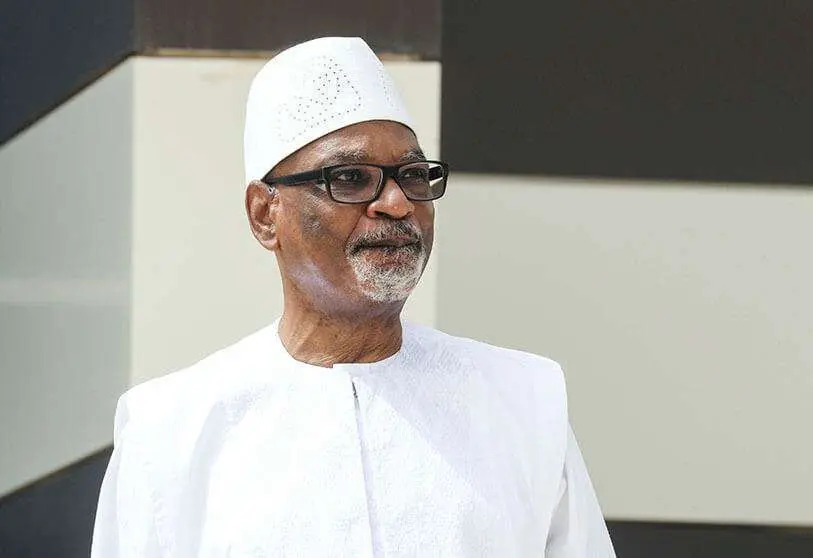African leaders' summit to solve Mali's crisis

With the aim of putting an end to the political and social crisis that has affected Mali in recent weeks, the heads of state of five African countries are meeting in the Malian capital of Bamako to work together to reach an agreement between the established power and the opposition.
The conclave was attended by Alassane Ouattara, President of the Ivory Coast, Muhammadu Buhari, President of Nigeria, Macky Sall, President of Senegal, Nana Akufo-Addo, President of Ghana, and Mahamadou Issoufu, President of Niger, together with the Head of State of Mali, Ibrahim Boubacar Keita. As planned, African leaders will also meet with members of the opposition group June 5 Movement and the Regrouping of Patriotic Forces (M5-RFP), who are demanding the president of the Republic of Mali's departure. These meetings have been approved by the Economic Community of West African States (ECOWAS).
The aim is to put an end to the social conflict and violent clashes between opponents and the security forces caused by the latest demonstrations against President Ibrahim Boubacar Keita, who is being asked to resign in view of the political, economic and social crisis in Mali.
Firstly, the meeting with Keita will take place and, subsequently, the leaders of the five African countries mentioned will face one of the main opposition leaders, Imam Mahmoud Dicko, and the top representatives of the M5-RFP.
The opposition movement requires the departure of President Boubacar Keita, who has led Mali since 2013, and includes a group of politicians, clerics and members of civil society, with Dicko as the great exponent.
It is precisely Sheikh Mahmoud Dicko who has dissociated himself from the path of civil disobedience taken by most of the anti-government camp. Faced with the upsurge in violence, Dicko called for calm and asked for confrontations to be avoided.

Earlier this week, ECOWAS launched recommendations for a way out of the crisis in Mali, through Nigerian negotiator Goodluck Jonathan. An initiative later supported by the African Union (AU), the European Union (EU) and the United States. It is in this scenario that the aforementioned meeting between African leaders arrives.
According to a source close to the negotiations, the five presidents will use their influence to boost diplomatic efforts and reach an agreement between the parties, as indicated by Al-Ain News.
The plan calls for the rapid appointment of a new Constitutional Court to resolve the dispute over the legislative elections (denounced by the opposition as a real fraud), as well as the formation of an Executive of national unity. This comes after a series of protests in Mali against the deteriorating security situation and the authorities' inability to stop the violence in the country and to tackle the economic recession and the corruption installed.
The social unrest stems from the mismanagement of President Boubacar Keita, who is being called upon to resign in the face of a national political and economic crisis; it also has to do with the controversial electoral process in April that gave power to political groups sympathetic to the Malian head of state which was denounced as fraudulent.

Following the international community's concern about this complicated situation in Mali, there was also recently the intervention of King Mohammed VI of Morocco, who, according to diplomatic sources, attempted "a secret mediation" between the influential Imam Mahmoud Dicko and Ibrahim Boubacar Keita himself, according to media reports by Le Desk and Jeune Afrique.
The latest escalation of violence erupted on July 10 when the opposition coalition formed by the M5-RFP declared civil disobedience until President Boubacar Keita was overthrown, among other demands.








